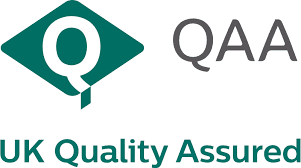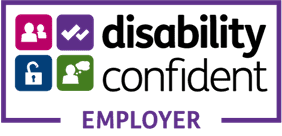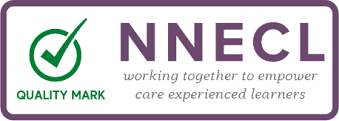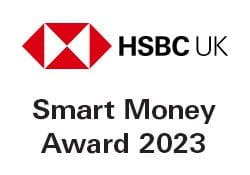Who are T Levels for?
T Levels are ideal if you have completed your GCSEs, wish to continue your studies but also want to get into a skilled job. They are also great if you prefer a practical approach to your studies. They enable you to build knowledge and experience to help you get the job you want. T Levels are developed in collaboration with employers and businesses so you will have the skills that employers in your chosen industry need.
How long does a T Level take?
A T Level qualification is a two-year course, including the industry placement. This is a significant increase on most current technical education courses, ensuring that students gain as much experience as possible while undertaking the qualification and are well prepared for the workplace.
When can I apply?
You can apply straight away by clicking the APPLY NOW button at the top of the page.
Can I go to University after studying for a T Level?
Yes you can go to University after completing a T Level qualification.
T Levels will provide several progression options to students. These include skilled employment, an apprenticeship and higher education.
To help T Level students get into higher education, UCAS tariff points will be allocated to T Levels.
UCAS points will only be allocated to the overall T Level grade. Students must achieve at least an overall pass grade to receive UCAS points.
The table below shows the UCAS tariff allocation for T Levels, and how it compares to the allocation for A levels.
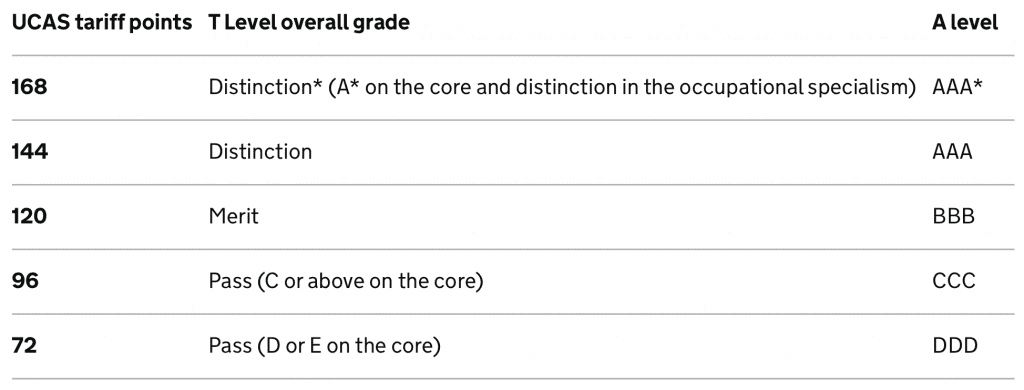
How is a T Level graded and certificated?
Students who complete their T Level will receive an overall grade of pass, merit, distinction or distinction*. They will get a nationally recognised certificate which will show their overall grade and a breakdown of what they have achieved.
The T Level certificate will include:
- an overall grade for the T Level, shown as pass, merit, distinction or distinction*
- a separate grade for the core component, using A* to E
- a separate grade for each occupational specialism, shown as pass, merit or distinction
It will also include confirmation that the student has:
- met the minimum requirements for maths and English qualifications
- completed the industry placement
- met any additional mandatory requirements
A student’s overall T Level grade will be worked out from the grades they achieved on the core component and the occupational specialism(s).
Students who do not pass all elements of their T Level will get a T Level statement of achievement which will show the elements they have completed.
What is the difference between a T Level and an Apprenticeship?
T Levels are based on the same standards as apprenticeships. With T Levels you will spend approximately 20% of the time on a work placement and 80% of the time in the classroom. This differs from an apprenticeship, which is typically 80% on-the-job and 20% in the classroom and is more suited to those who know what occupation they want to pursue, want to earn a wage and learn at the same time and are ready to enter the workforce.
Will I earn a wage whilst studying a T Level?
You will not earn a wage on a T Level course as you will be on a work placement with the employer. You won’t be employed.
Why would I choose an unpaid T Level over a paid Apprenticeship?
T Levels and Apprenticeships are different. A T Level will give you the opportunity to continue your studies and get a much broader idea of what it’s like to work in a certain sector, with the opportunity to specialise later. Apprenticeships are paid, work-based training for those who know what occupation they wish to pursue.


